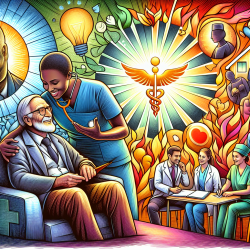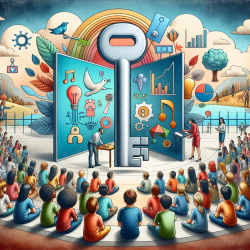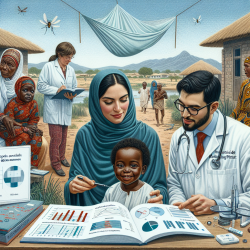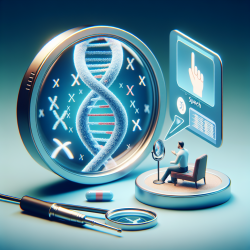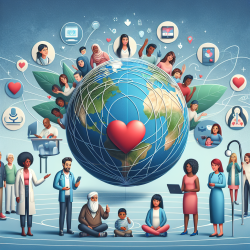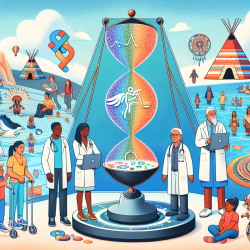The Power of Altruism in Healthcare: A Data-Driven Approach
Altruism has long been a cornerstone of the medical profession, but its role is increasingly under threat due to empathy erosion and burnout. According to the research article "Enlightened Self-Interest in Altruism (ESIA)" by Laura Vearrier, the solution lies not in abandoning altruism but in re-evaluating its meaning within medicine. This blog explores how the ESIA model can guide healthcare professionals to align their self-interests with altruistic goals, creating a sustainable and rewarding career path.
Understanding the ESIA Model
The ESIA model proposes that egoism and altruism are not opposing forces but intertwined motivators. By acknowledging that the interests of the group are also the interests of the self, the ESIA model creates a framework where medical professionals can thrive. This model is particularly relevant for addressing the dual challenges of burnout and empathy erosion, which are prevalent in the healthcare sector.
The Threats to Altruism
Burnout is a significant issue in the healthcare industry, affecting over 50% of physicians and medical students. It leads to emotional exhaustion, reduced sense of accomplishment, and even increased medical errors. The hidden curriculum in medical education often exacerbates these issues by promoting emotional detachment and prioritizing factual knowledge over empathy.
Implementing ESIA in Practice
The ESIA model encourages healthcare professionals to find personal fulfillment in their work, which in turn benefits patient care. Here are some practical steps for implementing the ESIA model:
- Self-Reflection: Regularly assess your motivations and align them with altruistic goals.
- Mentorship: Seek out mentors who exemplify the balance between self-interest and altruism.
- Collaborative Environment: Foster a work culture that values both individual and collective well-being.
- Continual Learning: Engage in educational opportunities that emphasize empathy and patient-centered care.
The Benefits of Altruism
Altruism is not just beneficial for patients; it also enhances the mental and physical well-being of healthcare providers. Studies have shown that altruistic acts can lead to better mental health and increased career satisfaction. By integrating the ESIA model into medical education and practice, healthcare professionals can create a more compassionate and effective healthcare system.
Conclusion
The ESIA model offers a promising framework for revitalizing altruism in healthcare. By aligning personal and professional goals, healthcare providers can reduce burnout, improve patient care, and find greater satisfaction in their careers. To explore this transformative approach further, I encourage you to read the original research paper: Enlightened Self-interest in Altruism (ESIA).
